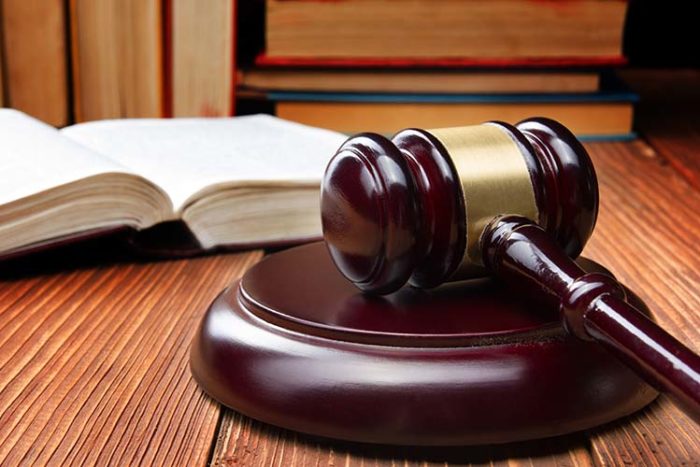Yes, you can go to jail for not paying bail bonds in Kansas. In fact, failure to pay the total amount of your bail bond premium could result in legal action being taken against you, including the possibility of a…
Government bonds pay out in the form of periodic interest payments and/or the return of the principal amount at the bond's maturity.
Bonds work by a defendant or someone on their behalf paying a fee to a bail bondsman, who then pays the full bail amount to the court as a guarantee for the defendant's appearance in court.
The bond fee is calculated as a percentage of the total bail amount and is typically 10-15%.
The cost of your bond would depend on the total bail amount and the fee charged by the bail bondsman, which is typically a percentage of the total bail amount.
"No bond" in Kansas means that the defendant is not eligible for bail and must remain in custody until their trial.
A bond appearance hearing in Kansas is a court hearing where the defendant appears before a judge to determine the conditions of their bond.
The amount a bail bondsman makes in Kansas can vary depending on the fees charged and the number of clients served.
To get around cash-only bonds, defendants can use a bail bondsman to pay the full bail amount to the court on their behalf.
A cash surety bond in Kansas is a type of bail bond where the defendant pays the full bail amount in cash to the court as a guarantee for their appearance in court.


